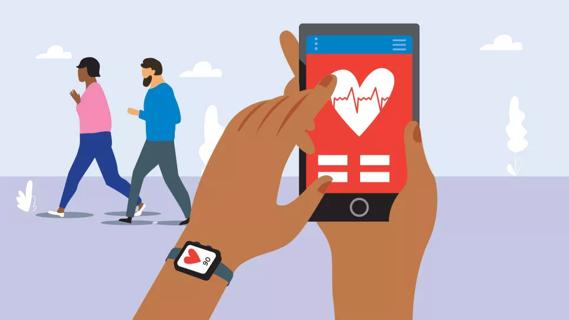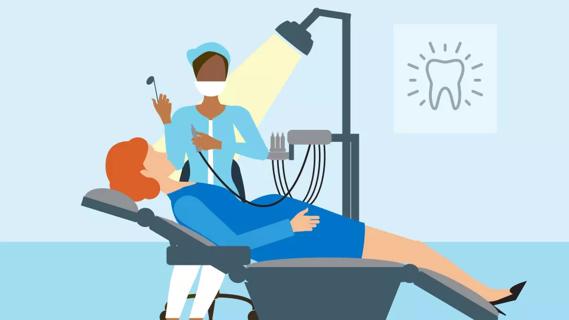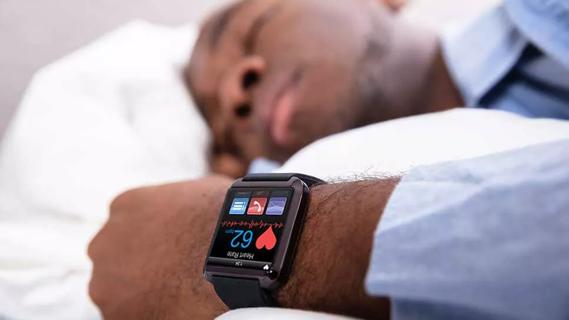
… How to stop your periodIt’s best to talk to your gynecologist about ways to stop your period.“The success rate will be very different based on when you try in your cycle and what …

… your heart rate is a key indicator of how intense your workout is.“Maintaining a certain heart rate for a prolonged period of time can help you burn more calories and fat while also improving …

… can also benefit your brain, joints, muscles, digestion and mood.The goal is to raise your heart rate for an extended period of time. You may need to monitor your heart rate and breathing during …

You’re not on your period, but you see a little bit of color in your underwear. Is that blood? Discharge? Both?“Discharge happens when the cells of the vagina shed or slough off,” explains …
Advertisement
Cleveland Clinic is a non-profit academic medical center. Advertising on our site helps support our mission. We do not endorse non-Cleveland Clinic products or services. Policy

… gum disease while pregnantSevere cases of gum disease can cause potential complications in your pregnancy. Research links periodontal disease to:Low birth weight rate (intrauterine growth restriction) for your baby.Preeclampsia during pregnancy, which often …

… lead to the use of a Holter heart monitor for 24 or 48 hours to track heart rate and heart rhythm. An activity diary is kept during the period, too, to correlate what’s happening …

Everyone’s period is different. Our menstrual cycles vary from person to person — and even from month to month. But should you be worried if your periods seem much lighter than usual?Women’s health …

In today’s digital age, we tend to geek out over numbers, stats, graphs and smartwatches that measure all kinds of values related to our health. When it comes to your heart rate, those numbers …

Your blood pressure is low, your heart’s racing and you aren’t feeling your best. What exactly is going on? And how concerned should you be?Heart rhythm specialist Tyler Taigen, MD, explains what …

You’ve lost some weight, and you’re dedicated to shedding those last 10 pounds. So you step up your workout, hitting the elliptical machine four to five days a week for 45 minute increments …
Advertisement
Advertisement